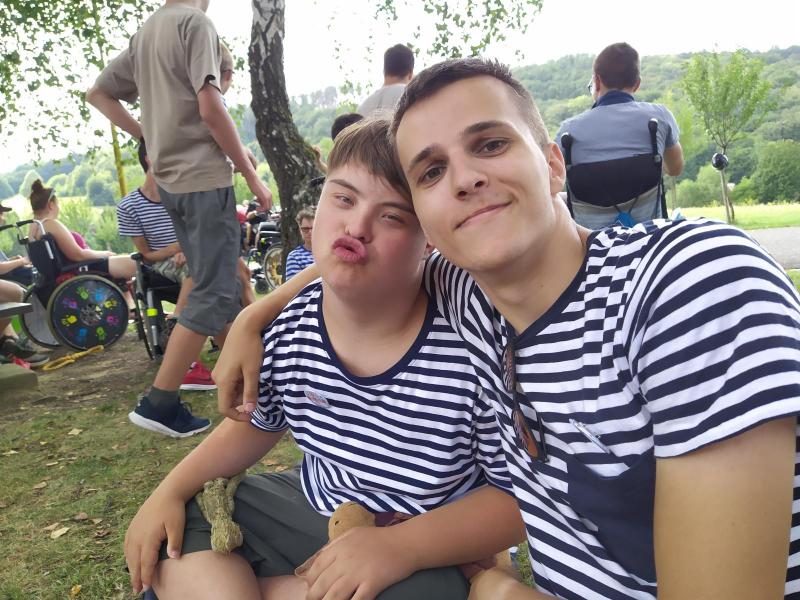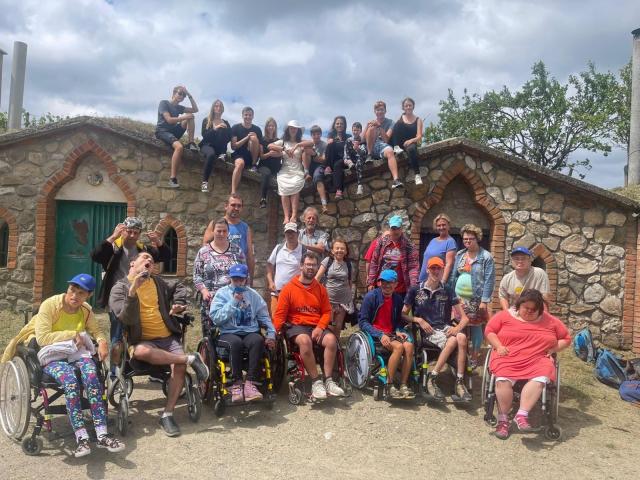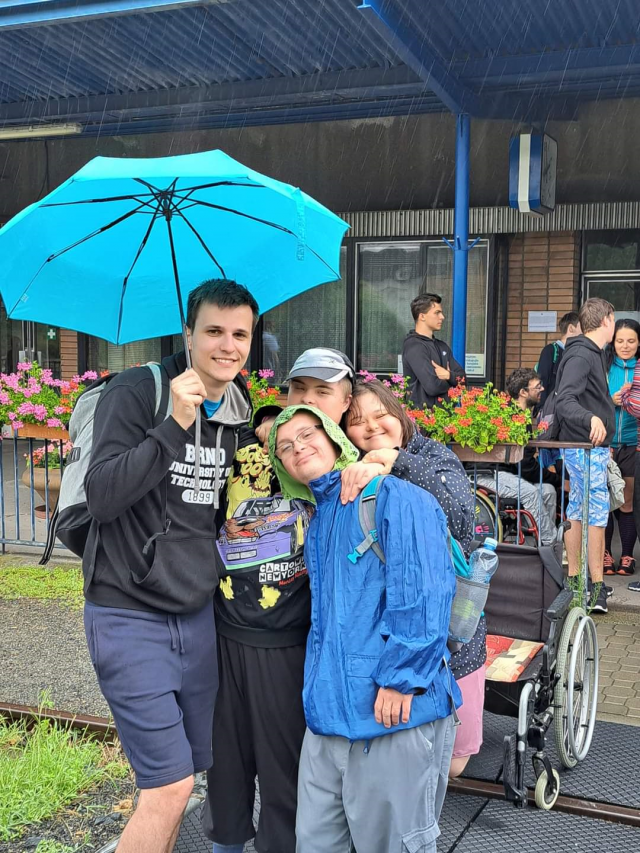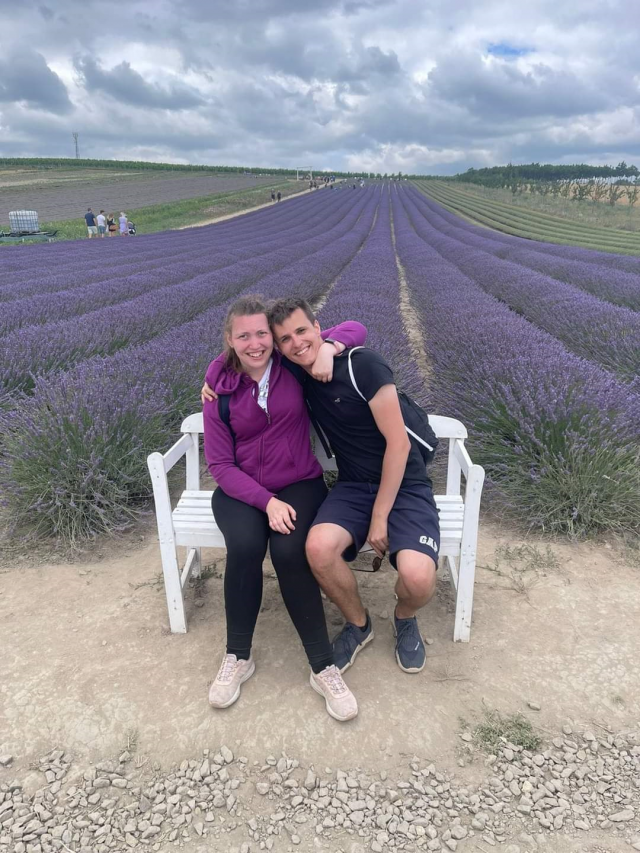People
Working with the handicapped people brought Pavel Mikuláček a new perspective

“I had some idea of what I wanted to do... and then suddenly a hundred and eighty degree turn.” That's how mathematical engineering student Pavel Mikuláček describes a summer camp with people with physical and mental disabilities, where he helped as an assistant. Five years have passed since then and Pavel is still helping in the STONOšKA Club till today. The society, which is now seeking funding for new premises, can also support the public by contributing to a collection on the portal Donio.
Journey of Pavel Mikuláček to volunteering began in a rather untypical place: a bar. “It was a long vacation after graduation, before starting college. I met two girls at a club in Přerov, we talked and the next morning I got a message asking me if I wanted to go to camp with them,” Pavel, now a fifth-year student of Mathematical Engineering, recalls.

According to him, many people suffer from similar feelings and he understands them. The cause is usually the fear that one will not know how to deal with the handicapped person properly. “In retrospect, I would recommend not to be afraid of it. A handicapped person is the same person as everyone else, they experience the same emotions,” says Pavel, who decided five years ago to take a step into the unknown. And he says it changed his life.
Mathematician-introvert

The week-long event passed quickly and Pavel said he didn't even want to go home. He knew he had just experienced something that would change him fundamentally. “It was a process of self-discovery. The realization that what I thought were insurmountable problems in my life are actually terrible little things compared to what others are experiencing. That I have everything I need in life. I had some idea of what I wanted to do in life and where I wanted to go, and then suddenly I turned around a hundred and eighty degrees. I would say I'm a really different person,” he says.
He has been going to events and annual camps with STONOšKA ever since. He does everything for free and in his spare time, just like the other volunteers in the club. “The reward is a good feeling, experiences and time spent with great people. It's all very honest in there. It takes very little and you can see the immense gratitude. And I do it for myself too, it fulfils me,” he says.
Up the stairs!
The STONOšKA Club is one of many clubs of the Association of Parents and Friends of Disabled Children in the Czech Republic. It helps children and young adults with disabilities to spend their free time, either in a day centre or through camps and other events. This also relieves their families, for whom caring for a person with a disability is a never-ending commitment. The club is located in Bystřice pod Hostýnem in rented premises, which are no longer suitable after many years. “We are running out of space. In addition, they are not wheelchair accessible, so we have to carry wheelchairs to the first floor or use a stairlift, which is tedious. In the future, we would also like to establish sheltered housing,” Pavel explains.

Pavel Mikuláček will soon face his state exams. He says he is not afraid of them. “I can't wait to graduate and go to camp. You don't really solve anything on stays, there's nothing to. You're with these people, without a phone, you completely shut down. I'm going to put the numbers out of my head and just focus on being a partner to those I'm experiencing the camp with as an assistant,” Pavel is looking forward to it. And if something goes wrong with the state exams? “I'm not going to be upset about it. I don't even get nervous, my classmates could probably confirm that I am absolutely calm before any exam. I have learned patience and how to cope with stress,” concludes Pavel Mikuláček, who would like to continue his studies in mathematics at doctoral level.
(ivu)
Waste is science. Thanks to experts from BUT, the Czech Republic has a forecast of their production
From oil refineries to charity. FME graduate found his life mission in helping others
No space for errors. Internship in a space company forces BUT students to change their thinking
BUT has its JUNIOR STAR. Young scientist begins to build her own team
Eclipse expedition: a castway against our will and the sky without a cloud